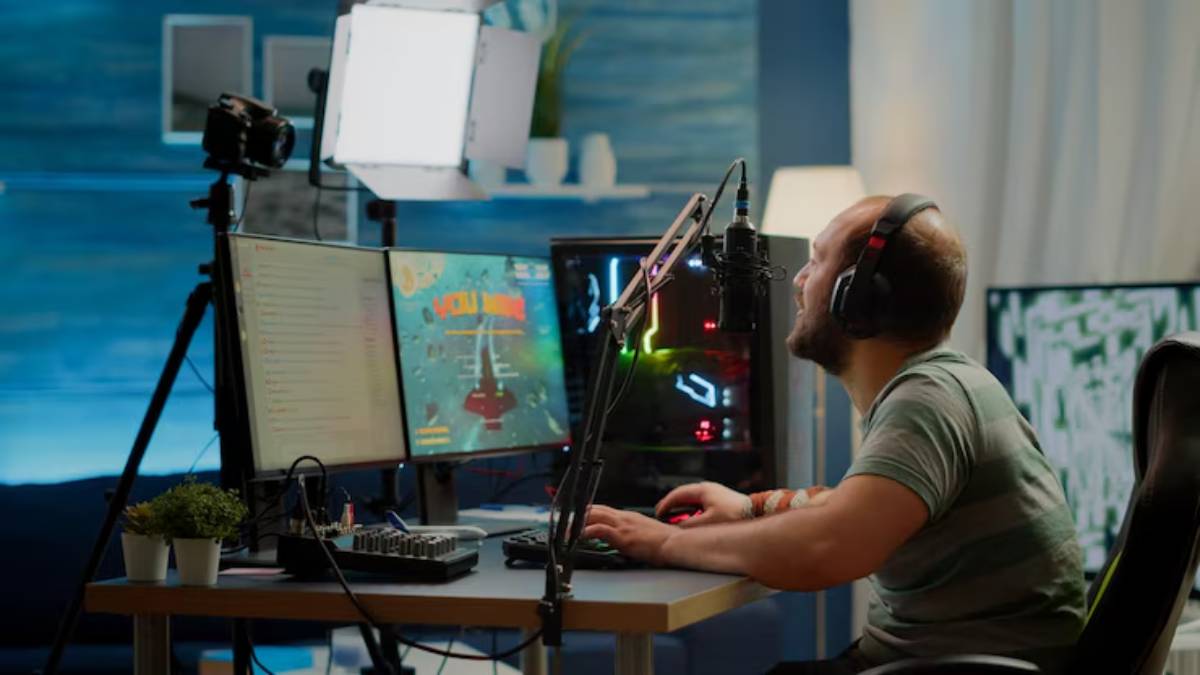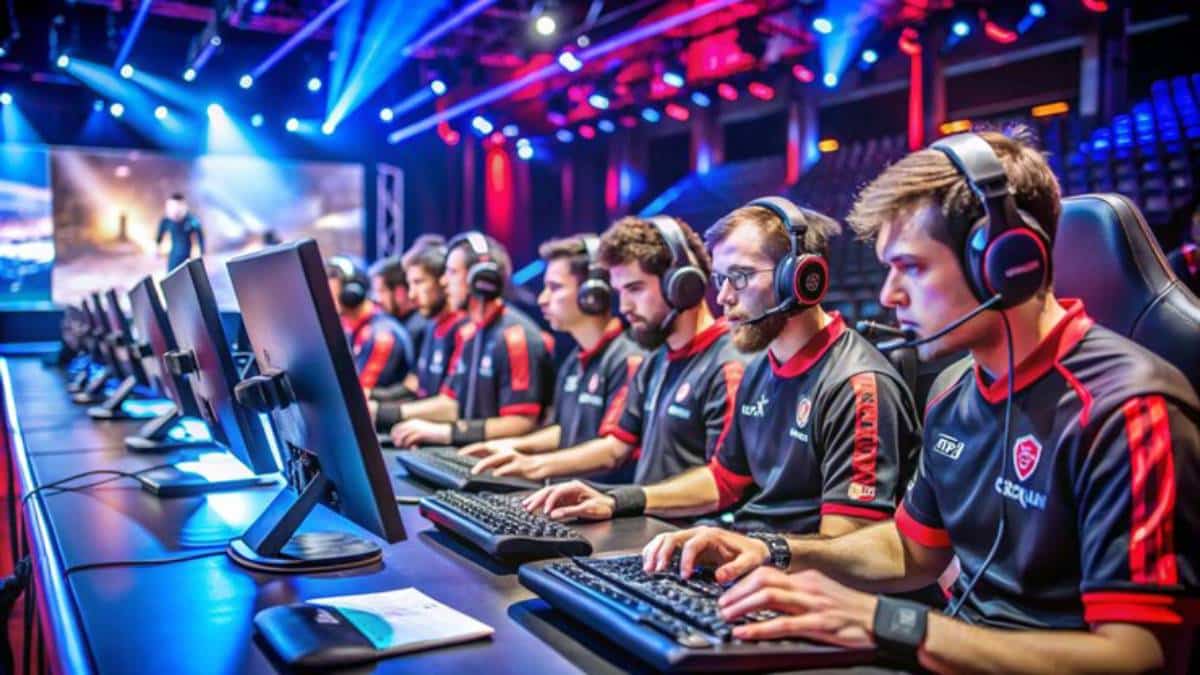
Understanding Player Contracts in Esports
Esports has rapidly grown into a multi-billion-pound industry, attracting global audiences. This rapid growth has made player contracts more complex in the legal world. Players, teams, organisations, and stakeholders in esports must understand these contracts. It’s crucial for everyone involved. This blog looks at esports player contracts. It shows their importance, common clauses, and the legal issues teams and players face.
Key Benefits of Understanding Esports Player Contracts

Esports player contracts are key documents. They lay out the rights and duties of players and their teams. These contracts form the basis of professional relationships in esports. They make sure both sides understand their commitments and expectations. Understanding these contracts is essential for several reasons:
Protecting Player Rights
Player contracts are designed to protect the rights of esports athletes. They outline terms about pay, work conditions, and other important employment factors. Grasping these contracts helps players keep their rights safe and get fair treatment from their teams.
Ensuring Fair Compensation
Contracts detail a player’s financial agreement with a team. This includes salary, bonuses, and other compensation. Knowing these terms helps players negotiate better deals. It ensures they are fairly paid for their skills and contributions.
Clarifying Obligations and Responsibilities
Esports contracts clearly define the obligations and responsibilities of both players and teams. This includes details about practice schedules, tournament participation, and conduct expectations. By knowing these clauses, players can meet their commitments and steer clear of disputes with their teams.
Legal Protection and Dispute Resolution
Contracts often include provisions for dispute resolution, such as arbitration or mediation. Knowing the legal parts of gaming agreements helps players and teams settle disputes easily. This way, they can avoid expensive legal fights.
Common Clauses in Esports Player Contracts

Esports player contracts often include key clauses that set the terms of the deal. Knowing these clauses is key for players and teams. It helps create a fair and clear relationship.
Compensation and Benefits
This clause details the contract’s financial terms, such as salary, bonuses, and benefits. It may also specify performance-based incentives and revenue-sharing arrangements. Players should carefully review these terms to ensure they are fair and competitive.
Duration and Termination
The duration clause states how long the contract lasts. The termination clause explains when the contract can end. Players need to understand these terms. This helps them know their commitment to the team and when they can leave.
Non-Compete and Exclusivity
Many contracts have non-compete and exclusivity clauses. These limit players from joining competing teams or events. Players must know these restrictions and how they can impact their career options.
Intellectual Property and Image Rights
This clause addresses using a player’s image, likeness, and intellectual property. Players must keep control of their brand. They should also protect their image rights.
Conduct and Behaviour
Contracts usually have clauses about player conduct and behavior, both online and offline. These clauses set expectations for professionalism and may list penalties for any violations.
Additional Expert Tips & Common Mistakes to Avoid
Knowing the basics of esports player contracts is key. Also, players should be aware of expert tips and common mistakes to avoid pitfalls.
Seek Legal Advice
One of the most critical steps players can take is to seek legal advice before signing any contract. A qualified lawyer experienced in esports law can help players in several ways. They can explain contract terms, spot potential issues, and negotiate better deals.
Avoid Signing Under Pressure
Players should avoid signing contracts under pressure or without fully understanding the terms. Teams might push players to sign agreements quickly. But it’s important to review the contract carefully. If needed, seek advice before signing.
Be Aware of Unreasonable Clauses

Players should watch out for contracts with unreasonable clauses. This includes long non-compete periods and strict exclusivity agreements. These clauses can significantly impact a player’s career and future opportunities.
Understand the Implications of Termination Clauses
Termination clauses can greatly affect players. This is especially true if teams can end contracts without cause. Players should ensure that termination clauses are fair and provide adequate protection.
Advanced Insights and Expert Recommendations
To better understand esports player contracts, keep these expert tips in mind:
Consider the Impact of Regional Differences
Esports is a worldwide industry. Contracts can fall under various legal jurisdictions. Players and teams need to know that contract law varies by region. These differences can affect the agreement’s terms.
Negotiate for Performance-Based Incentives
Players can gain from negotiating incentives based on their performance. For example, they might earn bonuses for winning tournaments or achieving high rankings. These incentives can provide additional motivation and reward players for their achievements.
Protect Your Personal Brand
In the digital age, a player’s personal brand is a valuable asset. Players should ensure their contracts allow them to control their brand and image rights. This control helps them create a strong personal presence in the industry.
Conclusion: Understanding Player Contracts in Esports
Understanding esports player contracts is crucial for anyone involved in the esports industry. These contracts form the basis of professional relationships. They make sure players and teams understand their rights and responsibilities. Players can protect their interests and build successful careers in esports. They should take time to understand the agreement terms. Seeking legal advice when needed is also essential.
The esports industry is growing fast. Well-drafted player contracts are more important than ever. Players, teams, and organisations need to work together on fair agreements. These contracts should benefit everyone involved. Players must also understand their contracts and stand up for their rights.
If you’re a player or a team in esports, review your contracts closely. Get expert advice if needed. This way, you protect your interests and set yourself up for success in esports.


